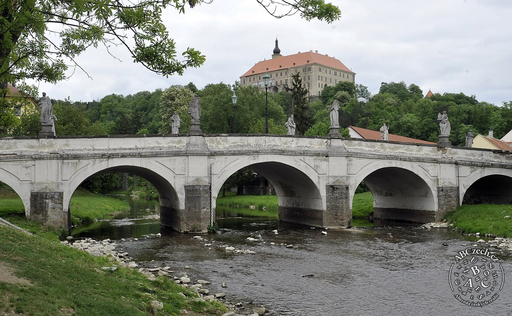
Bridge in the Vysočina region, called “Little Charles Bridge” because of its Baroque sculptures.
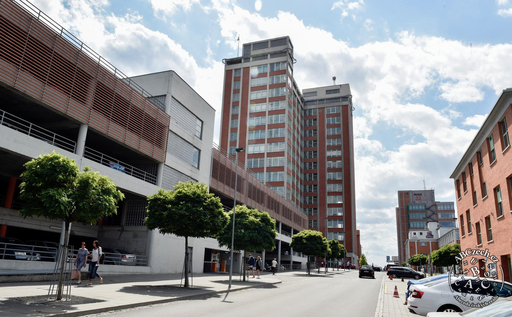
The tallest building in Czechoslovakia in the interwar period. It is one of the eight most important monuments of Czech 20th-century architecture.
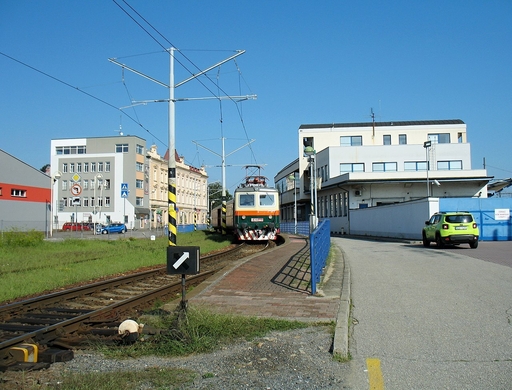
The first electric railway line in Central Europe, in service since 1903. It connects the towns of Bechyně and Tábor. It was never intended for steam locomotives.
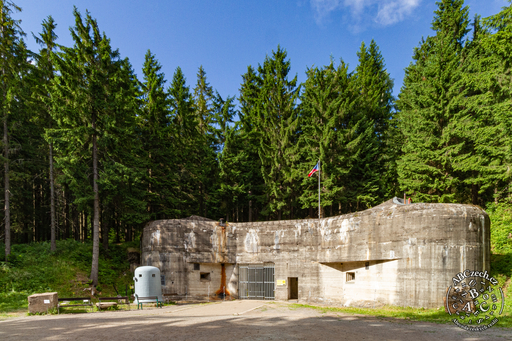
One of the five completed artillery fortifications built as a part of Czechoslovak interwar defences. It is the only one to have been preserved in its virtually original appearance. It is located in the southernmost part of the Orlické Mountains, approximately 6 kilometres from the town of Králíky.
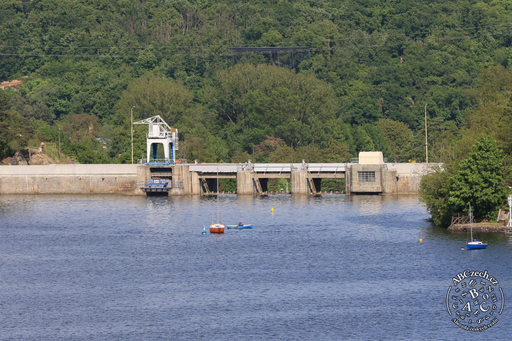
A water reservoir significant for its architectural design, as well as its role in water management and power supply.
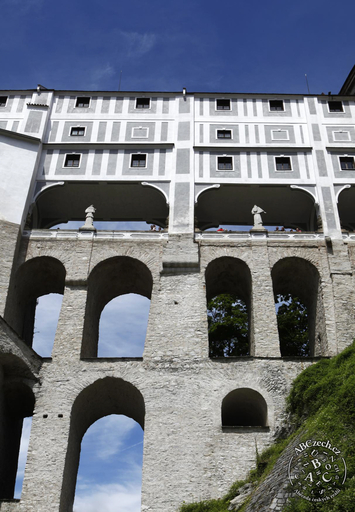
Seven-storey bridge in Český Krumlov and a popular tourist attraction.
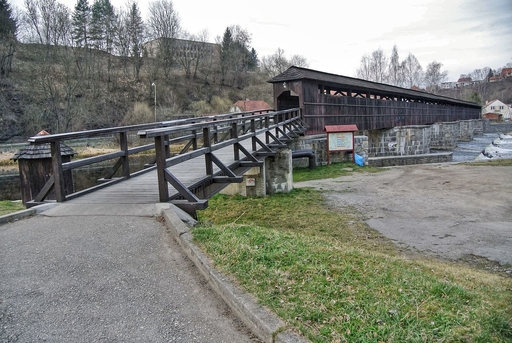
The longest covered wooden footbridge in the Czech Republic. It is on the list of protected cultural monuments.
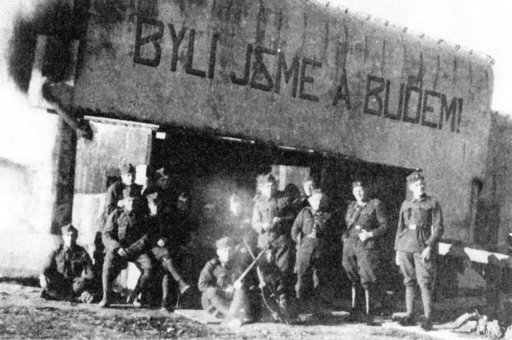
A system of concrete forts and bunkers built between 1935 and 1938 for the purposes of defending Czechoslovakia against attacks from Germany, Poland and Hungary. Today, they are the most visible symbol of the Czechoslovak society’s resolve to defend its country against Hitler’s aggression.
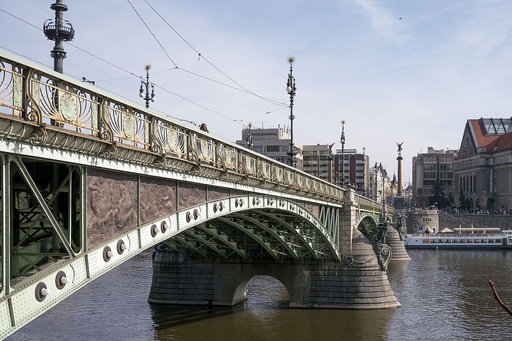
The tenth bridge spanning the Vltava. It is also the shortest bridge on the Vltava in Prague.
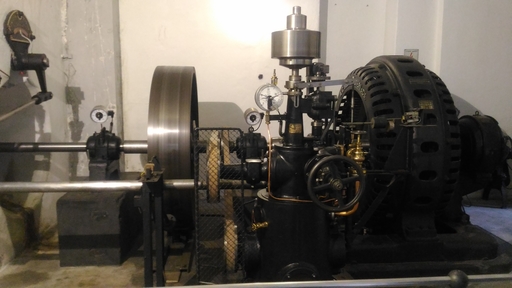
A small hydroelectric power station that has been continuously operating for more than 100 years.
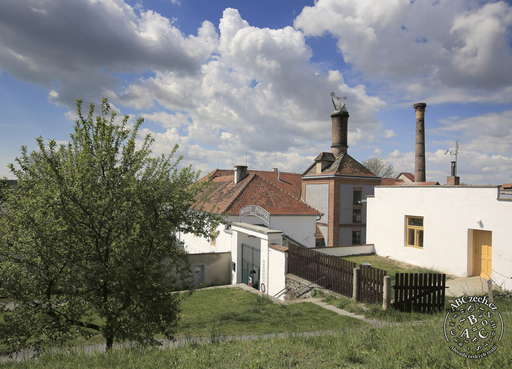
Brewery in southern Moravia famous for appearing in the film Cutting It Short (Postřižiny) and also for its traditional beer making.
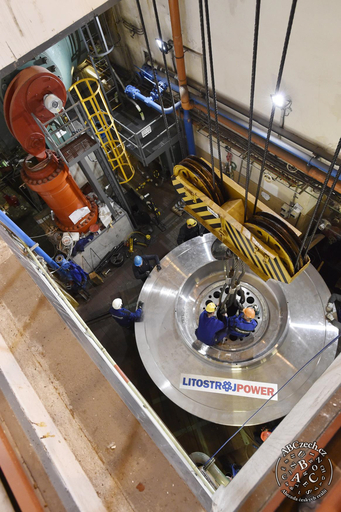
Hydroelectric power station that is named one of the seven wonders of the Czech Republic.
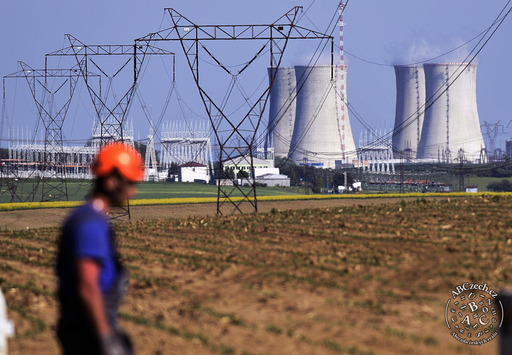
One of the two nuclear power stations in the Czech Republic and the first in which fission took place.
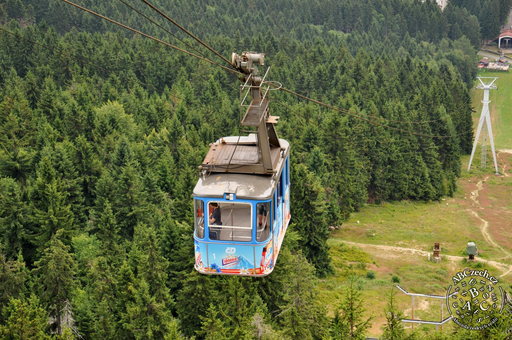
The first funiculars in the Czech Republic date from the 19th century.
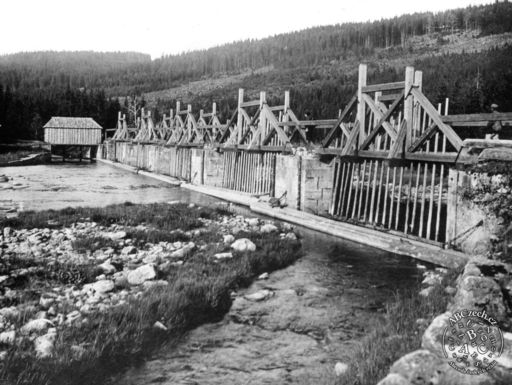
A unique, seventy-two-metre long bridge across the river Vydra. It is a replica of an 800-year-old bridge.
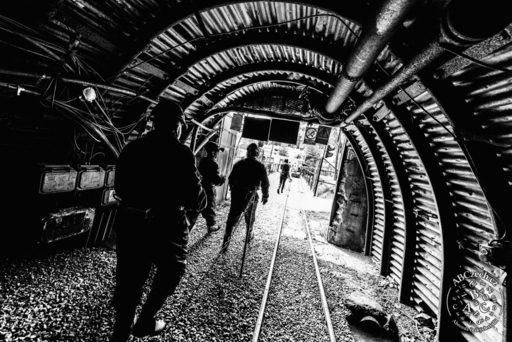
The only graphite mine in the Czech Republic that is accessible to the public, functioning as late as 2003.
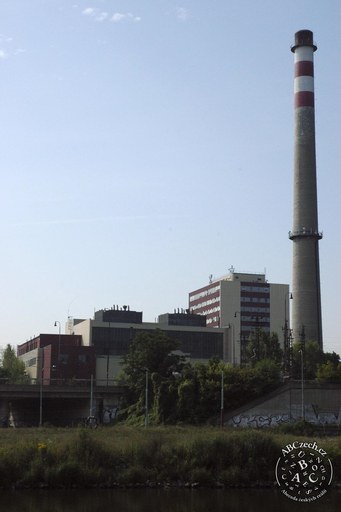
One of the first power stations in Prague. In 2002, its preserved parts were declared cultural monument.
2016-2020 ABCzech.cz - © Filozofická fakulta Univerzity Karlovy
Content from this website may be used without permission only for personal and non-commercial purposes and with the source cited. Any other use is allowed only with the authors' consent.
This web application Sonic.cgi meets GDPR requirements. Current information can be found here.